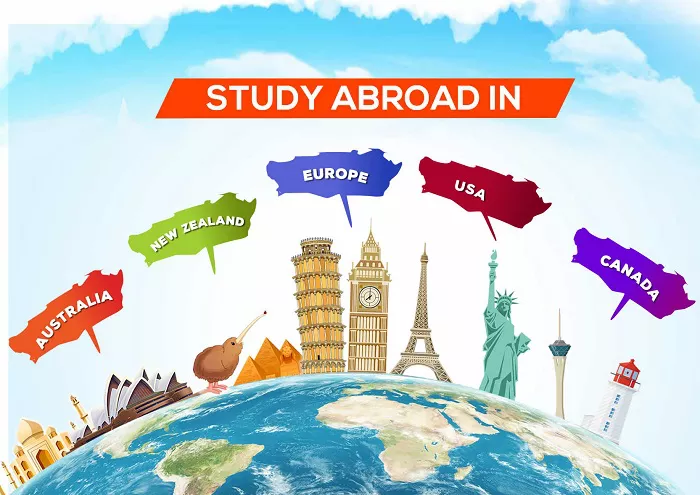A recent change in Italy’s study abroad visa regulations has left many students in a state of confusion and frustration. Last week, IES Abroad notified participants in its Rome and Siena programs that their placements would be reduced to 90 days, a significant cut from the usual four-month duration. This change was prompted by new Italian government requirements aimed at simplifying the visa process, but the shift has raised concerns among students.
Since January 11, Italy has introduced biometric requirements for all visa applicants, including fingerprinting. These regulations have complicated the application process, requiring students to apply in person at their local consulate, which can be a logistical challenge for many. For students at Villanova University, the closest consulate is in New York, but it is notoriously difficult to navigate due to delays and disorganization. The next closest option is in Philadelphia, adding further inconvenience and expense, particularly if students are forced to make multiple trips during the summer to meet the new requirements.
The introduction of biometric data has also led to longer processing times, as consulates can no longer batch process visa applications. As a result, many study abroad programs, including those run by IES Abroad and Arcadia Abroad, have shortened their programs to avoid the complications and delays caused by the new regulations. While this decision may help streamline the process, it has left students grappling with the prospect of a condensed study abroad experience.
For those who opt for the shortened programs, the rules come with further limitations. Students will only be allowed to stay within the Schengen Area, which includes the European Union, for 90 days. Additionally, they are prohibited from traveling within the Schengen Area 90 days before or after their program, which restricts their ability to explore Europe beyond their program location.
This new policy has affected my own study abroad plans. I applied for the WFI Rome Internship Program in February, which offers internships at prestigious organizations such as the United Nations’ IFAD agency, RomeReports, and the Vatican. Initially, I was uncertain how the shortened program would impact my internship and overall study abroad experience. I even considered using my British passport, as I hold dual citizenship, thinking it might provide a solution. However, this option proved to be ineffective, and I was left seeking clarification from my advisor.
Fortunately, after discussing the situation with my advisor and other students facing similar challenges, I confirmed that my internship would not be affected by the shortened program. Despite the initial confusion, I am still planning to study abroad in Rome this fall.
For other students who received similar notifications and are feeling concerned, the best course of action is to reach out to your study abroad advisor for further guidance. While the shortened program is inconvenient, it does come with some unexpected benefits, such as an extended winter break, which could offer a valuable opportunity for rest and exploration.


